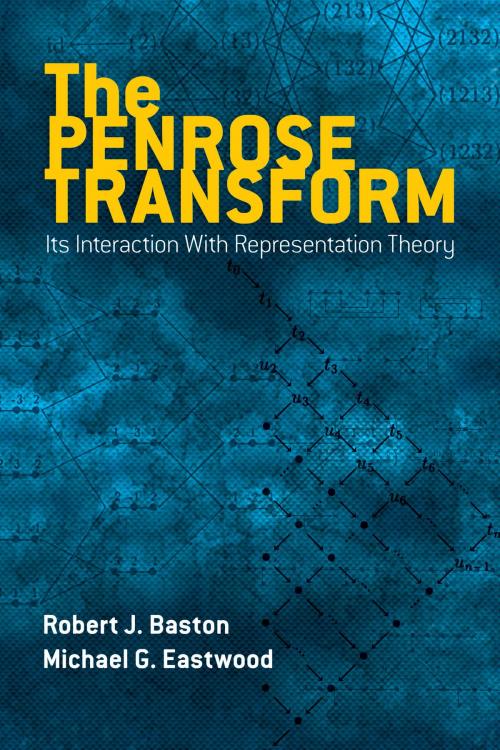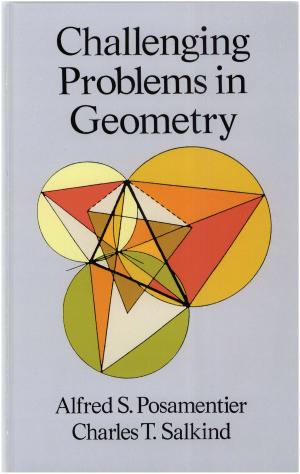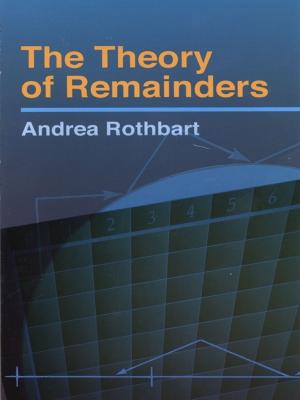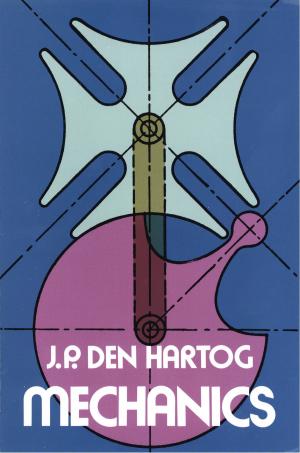The Penrose Transform
Its Interaction with Representation Theory
Nonfiction, Science & Nature, Mathematics, Geometry| Author: | Robert J. Baston, Michael G. Eastwood | ISBN: | 9780486816623 |
| Publisher: | Dover Publications | Publication: | October 28, 2016 |
| Imprint: | Dover Publications | Language: | English |
| Author: | Robert J. Baston, Michael G. Eastwood |
| ISBN: | 9780486816623 |
| Publisher: | Dover Publications |
| Publication: | October 28, 2016 |
| Imprint: | Dover Publications |
| Language: | English |
"Brings to the reader a huge amount of information, well organized and condensed into less than two hundred pages." — Mathematical Reviews
In recent decades twistor theory has become an important focus for students of mathematical physics. Central to twistor theory is the geometrical transform known as the Penrose transform, named for its groundbreaking developer. Geared toward students of physics and mathematics, this advanced text explores the Penrose transform and presupposes no background in twistor theory and a minimal familiarity with representation theory.
An introductory chapter sketches the development of the Penrose transform, followed by reviews of Lie algebras and flag manifolds, representation theory and homogeneous vector bundles, and the Weyl group and the Bott-Borel-Weil theorem. Succeeding chapters explore the Penrose transform in terms of the Bernstein-Gelfand-Gelfand resolution, followed by worked examples, constructions of unitary representations, and module structures on cohomology. The treatment concludes with a review of constructions and suggests further avenues for research.
"Brings to the reader a huge amount of information, well organized and condensed into less than two hundred pages." — Mathematical Reviews
In recent decades twistor theory has become an important focus for students of mathematical physics. Central to twistor theory is the geometrical transform known as the Penrose transform, named for its groundbreaking developer. Geared toward students of physics and mathematics, this advanced text explores the Penrose transform and presupposes no background in twistor theory and a minimal familiarity with representation theory.
An introductory chapter sketches the development of the Penrose transform, followed by reviews of Lie algebras and flag manifolds, representation theory and homogeneous vector bundles, and the Weyl group and the Bott-Borel-Weil theorem. Succeeding chapters explore the Penrose transform in terms of the Bernstein-Gelfand-Gelfand resolution, followed by worked examples, constructions of unitary representations, and module structures on cohomology. The treatment concludes with a review of constructions and suggests further avenues for research.















